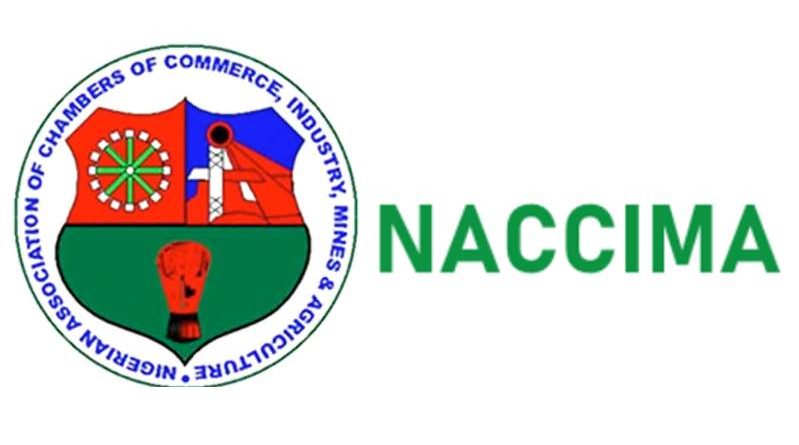He stressed that without clear fiscal reforms detailing the allocation and utilisation of tax revenues, the economy was deprived of essential goods and services that could be provided by the private sector.
“In light of these challenges, we present the following requests for a comprehensive and transparent articulation of the government’s short-term financial strategy and clear policy signals regarding tax relief for the overburdened formal sector.
“This is alongside a defined government policy direction on pivotal issues such as food security, inflation, and infrastructure development, a robust human capital development plan encompassing all sectors and intervention strategies for the domestication of the African Continental Free Trade Area (AfCFTA).
“It is important to get authorisation for the establishment of state police to enhance security infrastructure, ensuring the safety of citizens and the protection of economic interests,” he said.
Mr Oye also emphasised the need for a commitment to curtailing government expenditure, eliminating waste and inefficiencies, and reducing the disproportionate emoluments that serve a narrow political class at the expense of the nation.
He called for the full adoption and expeditious implementation of the African Development Bank’s Special Agro-Industrial Processing Zones to bolster food security, exports, and employment opportunities.
He also advocated bolstering the capacity of local development banks to provide single-digit interest rate loans, fostering entrepreneurship, and supporting both existing businesses (brownfield) and new ventures (greenfield).
“We recommend the establishment of industrial clusters across various states through joint venture arrangements among the federal and state governments, development partners, and private investors, aimed at stimulating industrialisation and job creation.
“We suggest expanding the role of the Bank of Industry to finance sectors beyond the industrial realm that can reduce the demand for foreign exchange.
“We urgently appeal to the Minister to engage with the Central Bank of Nigeria Governor to revisit and honour forward contracts that are backed by proper and compliant documentation, ensuring that commercial banks can use these hedges effectively against each letter of credit opened,” Mr Oye said.





































